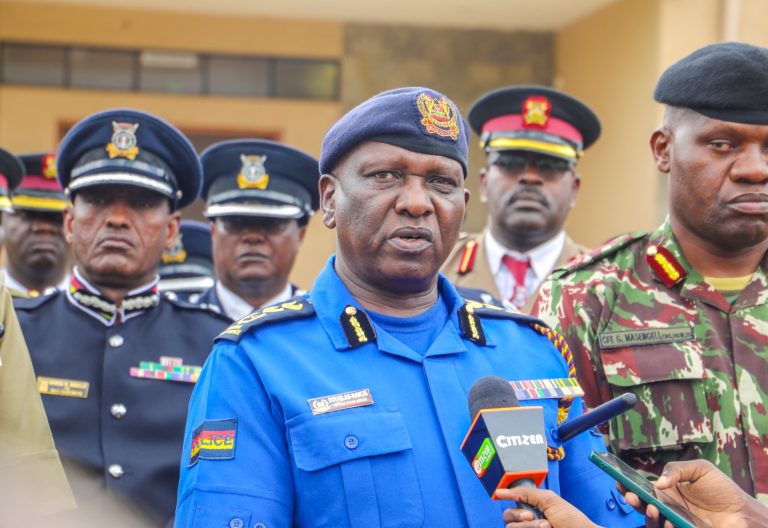Do more to protect rights of persons with disabilities
By Raphael Obonyo, July 26, 2021The world has come up with a new idea, the July Disability Pride Month, to recognise people living with disability.
This idea gives us an opportunity to take a reflective moment on whether we have put in place sufficient measures to cater for the welfare of people living with disabilities, especially during the Covid-19 pandemic.
World Bank estimates that one billion people, or 15 per cent of the world’s population, experience a disability.
Disability prevalence is higher for developing countries with a fifth of the estimated global total, or between 110 million and 190 million people, living with serious disabilities.
Persons living with disabilities are more likely to experience adverse socio-economic outcomes such as less education, poorer health outcomes, lower levels of employment and higher poverty rates.
Many persons with disabilities have additional underlying needs that make them vulnerable to severe symptoms of Covid-19 if they contract the disease.
They may also have increased risk of contracting the virus because of information sharing gaps about the pandemic, such as the symptoms and prevention, which is not provided in accessible formats such as braille, sign language interpretation, captions, audio provision and graphics.
Barriers to full social and economic inclusion of persons with disabilities include inaccessible physical environments and transportation, the unavailability of assistive devices and technologies, non-adapted means of communication, gaps in service delivery and discriminatory prejudice and stigma.
As a country, where 10 per cent of the population is disabled, we must devise a new strategy on the rights of persons with disabilities.
They have a right to have good conditions in the workplace and equal opportunities to fully take part in the life of their communities.
It is an obligation, as a community, to ensure their full participation in society.
There are many stories where people living with disabilities have been denied support in education which denies them an opportunity to compete with others on an equal footing, such as securing decent jobs.
Persons with disabilities are more likely to experience higher rates of violence, neglect and abuse.
And, when crises grips communities, they suffer most. Promoting inclusion of persons with disabilities means first recognising and protecting their rights.
These rights touch on every aspect of life: the right to go to school, to live in one’s community, to access health care, to start a family, to engage in political participation, to take part in sports or to travel — and to have decent work.
There is need for different actors to work together–governments, United Nations entities, civil society, organisations of persons with disabilities, the private sector and communities of experts.
This is the only way we can effectively implement the Convention on the Rights of Persons with Disabilities and tackle the obstacles, the injustices and the discrimination that they suffer.
Protecting the rights of persons with disabilities is crucial to fulfilling the core promise of the 2030 Agenda — to leave no one behind. —The writer is a public policy analyst —raphojuma@hotmail.com
More Articles

